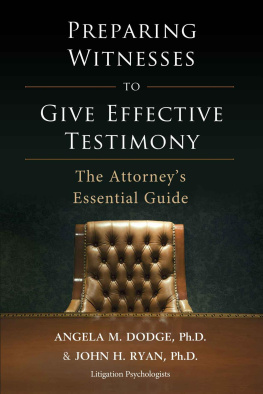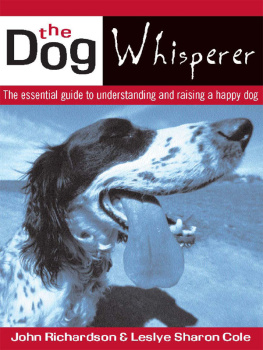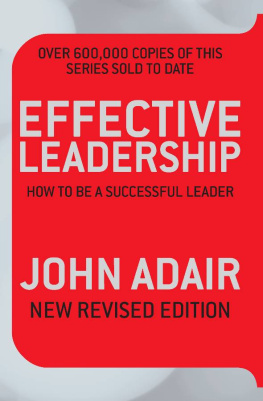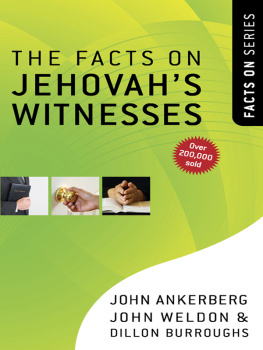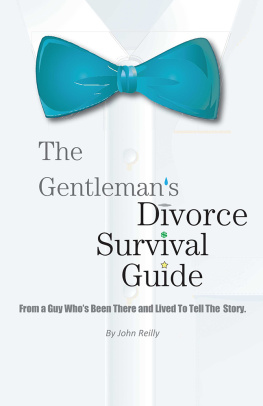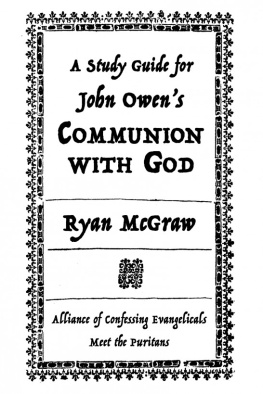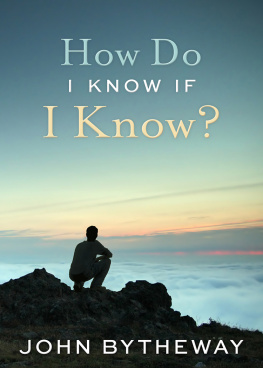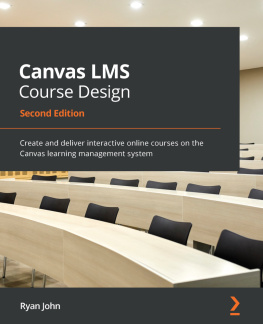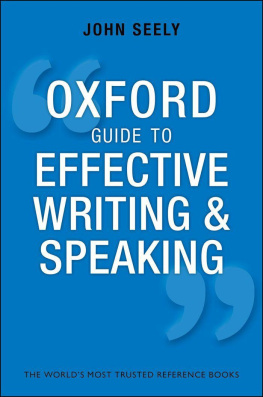Contents
WHAT PEOPLE SAY ABOUT
Preparing Witnesses To Give Effective Testimony
Preparing Witnesses to Give Effective Testimony is an invaluable handbook of lessons culled from thousands of witness preparation sessions, and it functions both as a great primer for new attorneys about to prepare their first witness and as a qualified refresher for the seasoned litigator. The books pointers are practical and effective, and they will improve the testimony of even the most challenging witness. As I read it, I found myself scribbling notes on my next witness preparation outline. I hope opposing counsel never finds this book.
PETER B. MOORES, PARTNER
Choate, Hall & Stewart LLP, Boston, MA
One of a trial attorneys most difficult, poorly executed, and outright neglected tasks is witness preparation. Its also one of the most important. Preparing Witnesses to Give Effective Testimony guides you away from the blunderssuch as all that Dont say this! Dont do that! advice, which can sink the ship. In clear terms Dodge and Ryan cover why witness preparation is difficult, why you must not neglect it, and their approach to solving its difficulties.
DAVID BALL, PH.D.
Nationally known trial and jury consultant
Malekpour Oliver Ball Research & Consulting
Author of David Ball on Damages and co-author of Reptile
Dodge and Ryan have done a nice job of condensing knowledge about preparing witnesses into this handy guide. They are especially effective at distinguishing between what witnesses need for depositions versus trials. I like their presentations of safe harbor answers, of how to address performance anxiety in witnesses, and how to keep the expectations realistic when preparing witnesses. This book can serve as a thoughtful, how-to-do-it aid for attorneys who seek to spend their time well in the preparation of credible witnesses.
STANLEY L. BRODSKY, PH.D.Professor, Department of Psychology andDirector, Witness Research LabThe University of Alabama
Author of The Expert Expert Witness and nine other books
Angela and Johns years of hands-on experience offer trial attorneys insight to understand their clients personality, concerns, and communication nuances. It empowers the [trial] team to guide the [client] on how to testify their truth in a personable, confident, and convincing manner. Guidelines on how to avoid pitfalls are effectively addressed. [The authors] present effective ground work for educating clients to the process, how to provide support, and how to establish a trust and comfort level that will benefit the client and the case. We are huge advocates of preparing witnesses for deposition and trial and this book presents the how to in an engaging and useful way.
ERIC HOLM
Vice President of Claims
Physicians Insurance: A Mutual Company


The material contained herein represents the opinions, views and professional experience of the authors, and should not be construed to be the views or opinions of the law firms or companies with whom the authors are associated or to whom the authors have provided consulting services.
Nothing contained in this handbook is to be considered as the rendering of legal advice. Readers are responsible for obtaining such advice from their own legal counsel. This handbook and any checklists or forms herein are intended for educational and informational purposes only. The authors are litigation psychologists, and have no formal legal training, nor are they licensed to practice law in any state.
All rights reserved. No part of this publication may be reproduced, stored in a retrieval system, or transmitted in any form or by any means, electronic, mechanical, photocopying, recording or otherwise, without the prior written permission of the authors. For permission contact:
Dodge Consulting & Publications, LLP
14591 Wiley Lane SE
Olalla, WA 98359
(253) 857-7716
For more information about publications available through
Dodge Consulting & Publications LLP, please visit the website at
www.dodgepublications.com
Copyright 2013 by Dodge Consulting & Publications, LLP
Cover and text design by Kathy Campbell
Edited by Barbara Fandrich
Printed by Gorham Printing, Washington State
Printed in the United States of America
First Printing: April 2013
Print Edition ISBN 978-0-9777511-6-7
MOBI Edition ISBN 978-0-9777511-5-0
EPUB Edition ISBN 978-0-9777511-8-1



Dedication
This handbook is dedicated to the late Margaret Fahn, a genius at interrogating witnesses to a variety of childhood crimes, including broken dishes, muddy dresses, and suspicious-looking household pets.

Acknowledgments
We wish to express deep appreciation and gratitude to the thousands of witnesses who have challenged and developed our skills, and the hundreds of outstanding attorneys with whom we have worked. You have taught us much over the years, and we hope we have reflected it adequately in these pages. Special thanks to Barbara Fandrich, our editor, who made this a much better book in so many ways. We are grateful for your contribution. Thanks also to Peter Moores, a talented attorney who practices in Boston, MA, for his insightful comments on chapter sequencing. His advice made a difference, and we are grateful for the time he devoted to a thoughtful reading of the manuscript.
We are also indebted to our colleagues, the many professional litigation consultants with whom we have interacted at conferences, meetings, and workshops, and whose ideas have influenced our own practices. We hope they feel honored to see their impact reflected in this book.
The phrase effective truth-telling belongs to Steven Fitzer, personal friend and senior partner at Fitzer, Leighton & Ayers LLP in Tacoma, WA. It is a brilliant characterization and we hope he is pleased that we have adopted it. He will also undoubtedly see his influence reflected throughout this book.
The Rule of 3 referred to in Chapter 6 is borrowed from John Graffe, a senior partner at Johnson, Graffe, Keay, Moniz & Wick LLP, a premier law firm based in Seattle, WA. John has provided us with many opportunities to hone our skills, and with a variety of colorful phrases and helpful analogies to use in preparation sessions.
The phrases staying inside your box and train wreck versus an auto accident were first heard from Brian Rekofke, an accomplished attorney and partner at Witherspoon Kelley in Spokane, WA. These phrases will make more sense when you read them in this book. They made immediate sense to us when we heard them. Thanks, Brian.

Introduction
What is effective witness testimony? Attorneys present their cases through evidence and witnesses. The evidence usually speaks for itself. But how well will your witnesses speak for the facts? How convincing and believable will they be? How truthful will they appear to the triers of fact? How effective? How influential and persuasive? How impressive? How can an attorney get maximum value from the time s/he will spend preparing witnesses to give credible and effective testimony at a deposition, hearing or trial? These are some of the key questions this handbook addresses.

